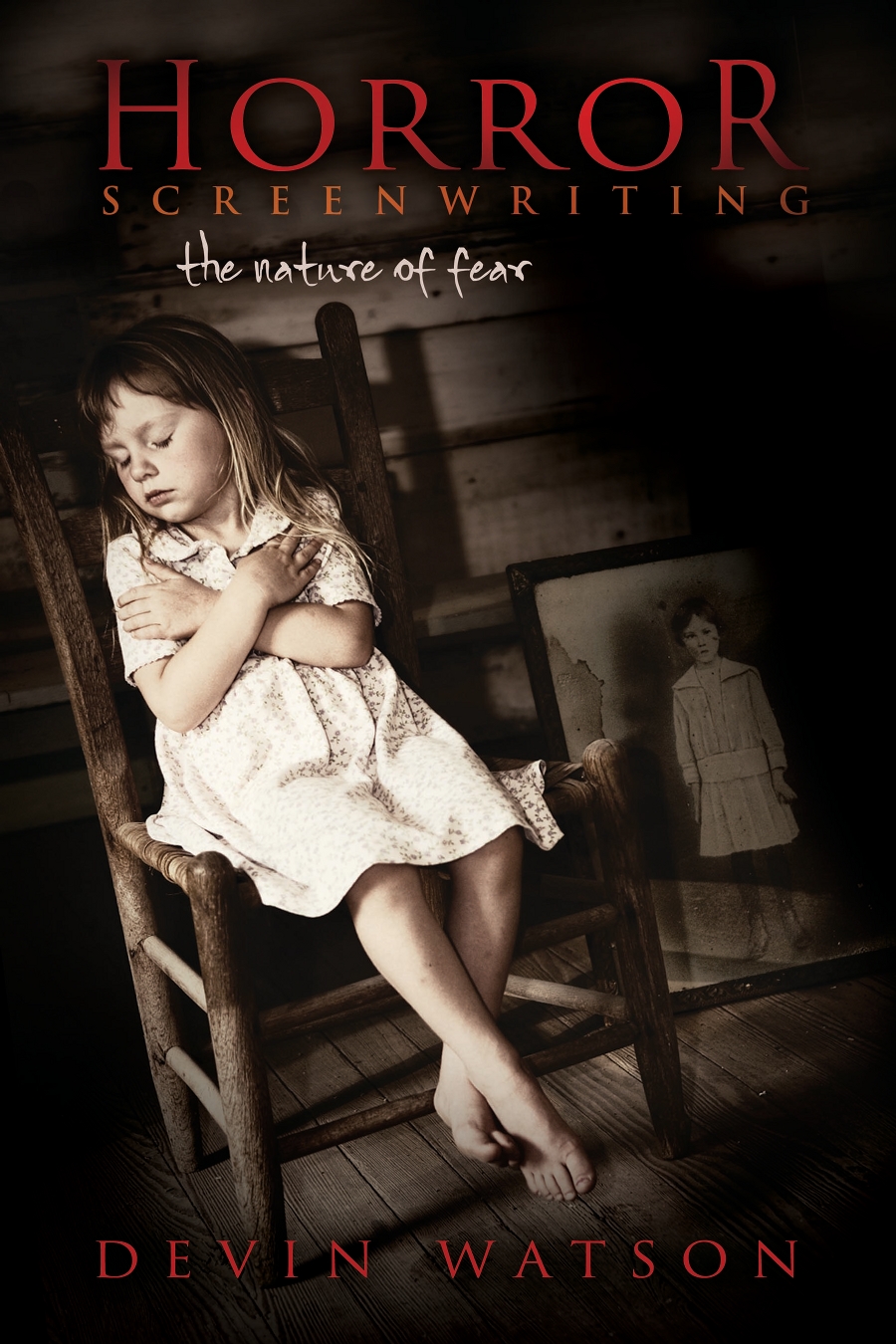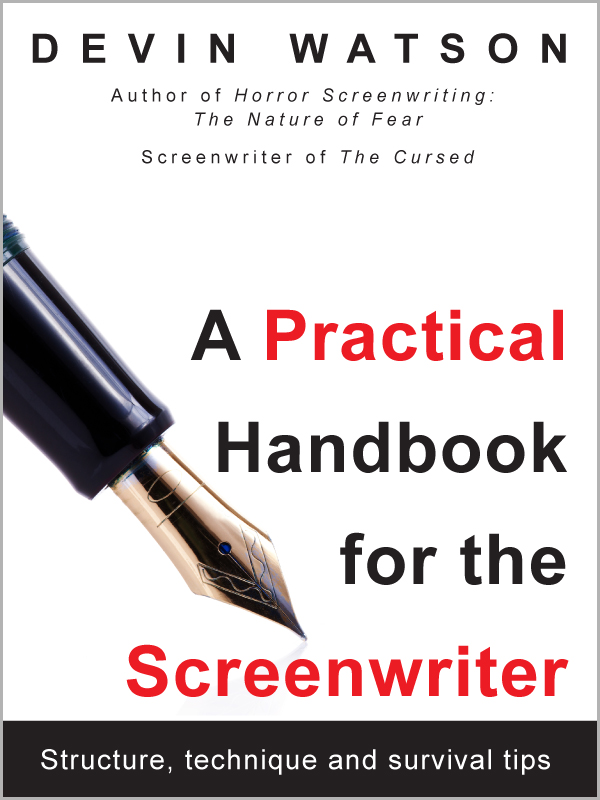WARNING: May contain inflammatory and/or bad language. Reader discretion is advised.
Note: I have posted a followup to this article. You can read it by clicking here.
This post is aimed at potential investors of independent movies and attempts to clarify some things that I have personally experienced myself, but also with many of my own filmmaker friends. This also goes over some points that independent filmmakers really should look at as well.
Have the prudes gone? Good.
You were probably expecting another post about games, right? If you’ve just come to my blog recently, that’s about all you’d see on the front page, without digging much further. But I am a screenwriter, producer, filmmaker, and published book author.
Right now seems to be as good a time as any to talk about the state of the economy and its effect on indie filmmaking. I’ve heard it all from both sides of the fence now:
- No, it’s far from okay, independent films are getting scarcer by the day. Those who used to invest in movies are running scared with their tails tucked between their legs and are demanding ludicrous terms on their deals up front to even think about it.
- Everything is okay. What, are you blind?
The “ludicrous terms” I hear over and over again, not from my own rattled brain but from other filmmakers trying to get their fledgling projects made boil down to a few things. Picture this as being spoken by…let’s just call him Jim Investor:
- You must have a distribution deal in place before you talk to me. Otherwise I’m not going to touch you with a ten-foot-cattle-prod with money on the end of it.
- You must have all of your talent committed before talking with me. Never mind the fact that most actors these days won’t sign anything binding to a project unless you know them personally or walked their dog for them for ten years.
- I want to see a return on my investment yesterday.
Those demands might not seem unruly on the surface, but if we dig a little bit deeper and put them in the perspective of the way things have been going in the U.S. for the last 2-3 years, they don’t look so rosy after all.
First off, and this is only my opinion, it’s my belief that the current economic crisis is not as bad as it appears. True, it has its roots in a lot of serious problems, but it has spun out of control due to fear-fueled selling. Our economy is a house of cards that can come crashing down if one person breathes on it wrong.
Because of this supposed fear, investors pull their money out of one market, then, without much experience with another, automatically assume (or having read a book or talked to a friend) that investing in movies might be good. That’s great. However, the film industry is nothing like the stock market or buying and selling futures. And independent films are even more distinct from their studio counterparts when it comes to the business in “show business.”
I’m going to rebut the first demand: having distribution already in place for a film that hasn’t even been made yet. Let me give everybody a hard dose of reality right now: distributors are not going to willy-nilly sign binding agreements for movies these days for distribution. They want to see a product first. A friend of mine with six films to his name can’t get one, as director, producer, and writer.
By making this point a deal breaker, you, the investor, are not paying attention to where this industry has been going for some time. Unless your name is Spielberg, securing a distribution deal for a movie that hasn’t even been filmed yet simply isn’t going to happen. And on that note, has anybody secured any negative pickups lately? I didn’t think so. Please prove me wrong though in the comments, I’d love to hear something about it.
On to the second investor sticking point: you must have all of your talent committed before talking with me. Let’s be realistic: if you are looking for or are expecting A-list talent and are starting out with a small budget, forget it. Like I said, unless you walked their dog for ten years, they won’t know or care. The entire budget for your film would not even pay for half of their paycheck. Expecting them to write, again, a binding commitment letter when there’s no money present is an automatic turn-off for many actors at that level.
That’s not to say that other actors would commit, but it’s still a risky proposition for them. The ones who do read the script and want the part will most likely write a commitment letter, but that’s not to say that an investor will seal the deal.
And for the investor that demands a “marquee” actor, think carefully first. The story may be commercial quality, and could benefit from having a marquee actor in a lead role, but, they may end up eating more than half of the budget for the film. If that’s the only way you, the investor, think a film will gain widespread acceptance, by having a big-name actor on the credits, you need to wake up and get with the twenty-first century.
Viral marketing, social networking, and a whole slew of other buzzwords level the playing field for the independent filmmaker. And have been proven to work with today’s modern movie-watching audience.
The third point is an unrealistic expectation for a return on investment within an extremely short period of time. Making the movie takes time, sometimes three to four months, and that might not even include post-production. When you invest in an independent movie, expect somewhere on the order of eighteen months before you see full recoupment on your investment. However, once it starts, the returns keep coming back in for years.
Most filmmakers are not out to steal your money, although you may think that. A lot of them are dedicated to their craft and do it because they love it, not because they’re getting a big paycheck, which they’re not. Trust me on that one, independent filmmakers are scraping as much as they can together to keep a low-budget production going. In some instances, it means deferring their pay so it goes into the production, as crazy as it is.
As an investor, you want to invest in a film but don’t want the risk. Guess what? All investments carry risk. Films are no different. It says so right there at the top of every single business plan I have ever seen and written in my life. And that’s bordering on the hundreds at this point.
The producer can help to mitigate that risk, but if none is taken, none is ever gained. To those investors that are starting to dip their toes in the filmmaking water, please understand this. Risks are all around, and if you’re too afraid for one thing or another, you don’t belong in this business.
What Exactly Is Going Right?
There are still movies being made. The investors are out there looking. I’ve personally been hit up by no less than a dozen in the past two months, most of them “in real estate.” Now when I hear that the hairs on the back of my neck stand up, given what has happened in the last few years with the housing market and I see this as a scrambling to try and relocate quickly to a new industry without heavy losses. A few conversations, NDA signed, and then nothing. Not even to the point of sending out a business plan. Filmmakers, you have been warned.
So the investors are out there. However, they’re coming in with unrealistic expectations of independent film. It’s already an uphill struggle to get a movie made in this day due to lack of trust and automatically expecting all risks to be mitigated and non-existent on the investor side. Something has to give.
If you are an investor and reading this, please understand that I do see your position. I also know, based on my own experiences in this industry (for 12+ years) that you are being unrealistic about some things and only hurting your own chances of getting a potentially huge deal.
Disclaimer
This is not a bitter plea to get investors for my own film projects. I’m working with some investors right now, ones that actually understand what I have outlined above. If you are an investor and want to refute anything I’ve written here, feel free to leave a comment below.
I would love to have an open and cogent discussion about this from both sides if possible. Leave a comment here.
Update: There is one more piece of information I forgot to include in the post. When we made The Cursed, we had no distribution deal at all in place prior to making it. We did, however, within a week of completing post, get inundated by distributors looking for product. It’s a hungry market, folks.
Update 2: It was actually 1 week after we wrapped principal photography when the calls and e-mails from distributors started pouring in, not post. As I recall, we had just finished putting the last of the gear on the Panavision truck to send back when they started.
5 thoughts on “Making Movies Ain’t What It Used To be”
Comments are closed.






I agree!
Devin,
By definition investing in any future anything includes elements of risk. Film is just another of many such avenues.
Thanks for your well-written blog on this timely subject.
I could not agree more with your posts…now please share with me the method of attracting investors, real qualified investors-not lookie loos who think they are investors!!! I have a fantastic project with a fabulous and experienced cast, a tv pilot with network interest and a soundtrack slated for production with 4 multi-platinum artists!!! This is an investors dream…let me know you want to be a part of this wonderful program!!!!